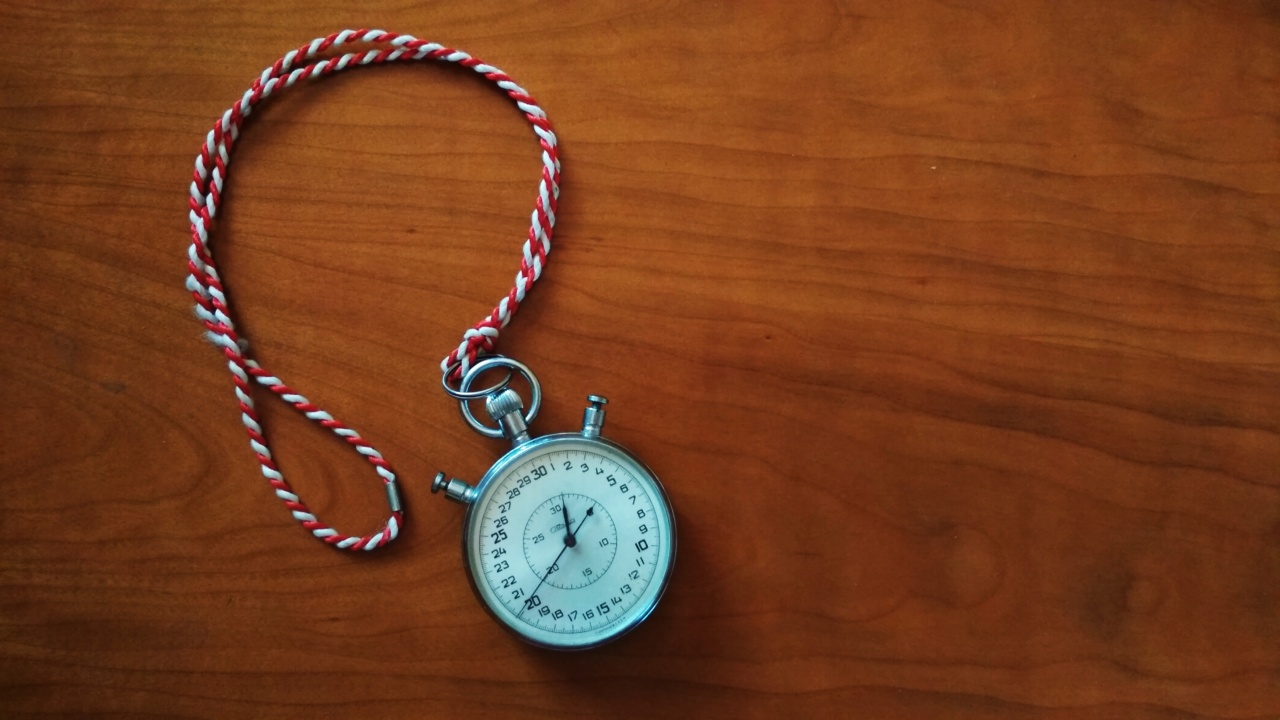Sleep is one of the most important aspects of our lives. It is essential for maintaining good physical and mental health. However, many people do not get enough sleep and suffer from its effects.
According to the National Sleep Foundation, everyone has different sleep needs based on age. Therefore, we have compiled the latest table for recommended sleep hours by age group.
Newborns (0-3 months)
For newborns, 14-17 hours of sleep is recommended per day. However, they may not sleep for more than two to four hours at a time. This is because they need to feed every few hours.
Infants (4-11 months)
For infants, 12-15 hours of sleep is recommended per day. By this age, they may start sleeping for longer periods at night, but they still may wake up one or two times for a feeding.
Toddlers (1-2 years)
For toddlers, 11-14 hours of sleep is recommended per day. At this age, they may start sleeping through the night but may still take one or two naps during the day.
Preschoolers (3-5 years)
For preschoolers, 10-13 hours of sleep is recommended per day. Most children at this age stop taking naps during the day.
School-aged children (6-13 years)
For school-aged children, 9-11 hours of sleep is recommended per day. Bedtime should be scheduled based on when they need to wake up in the morning for school.
Teenagers (14-17 years)
For teenagers, 8-10 hours of sleep is recommended per day. Many teens have trouble falling asleep earlier due to changes in their circadian rhythm.
They should avoid caffeine, especially later in the day, and avoid using electronic devices before bedtime.
Young adults (18-25 years)
For young adults, 7-9 hours of sleep is recommended per day. However, many young adults do not get enough sleep due to busy schedules, work, or social activities.
Adults (26-64 years)
For adults, 7-9 hours of sleep is recommended per day. However, according to the National Sleep Foundation, many adults do not sleep enough and suffer from poor sleep quality.
This can lead to various health problems like obesity, diabetes, and cardiovascular diseases.
Elderly (65 years and older)
For elderly, 7-8 hours of sleep is recommended per day. They may have difficulty sleeping due to various reasons like medical or psychiatric conditions, medications, or changes in their circadian rhythm.
It is important to address these issues and get enough sleep for maintaining good health.
Conclusion
Sleep is essential for leading a healthy and happy life. The recommended sleep hours vary based on age and should be followed for maintaining good physical and mental health.
However, not everyone may need the same amount of sleep, and some may need more or less. It is important to listen to your body and be aware of the signs of sleep deprivation. If you are experiencing difficulty sleeping or staying awake, it is recommended to talk to a healthcare professional.






























